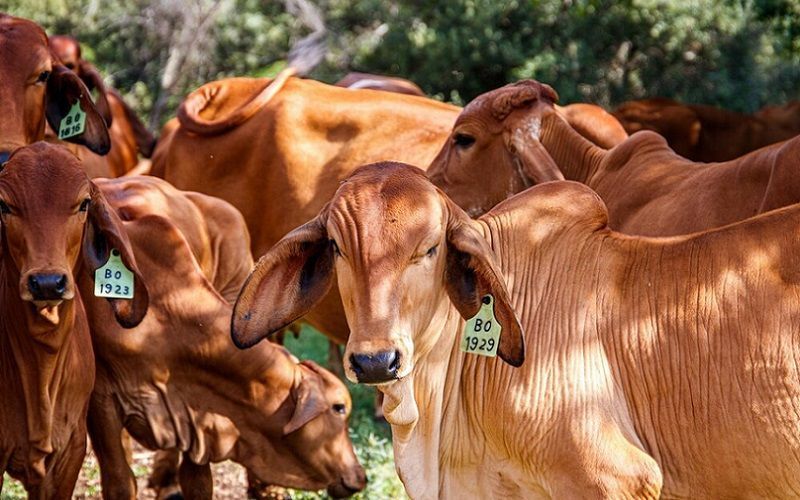Battling Lumpy Skin Disease: Australia’s Vigilance Amid Asian Outbreaks
Source: The DairyNews
Lumpy skin disease (LSD) poses a significant threat to cattle populations across Asia, with devastating consequences for dairy and beef industries. Originating in Zambia in 1929, the virus has spread to numerous countries, including India, Nepal, and Indonesia.

While only a small percentage of infected cattle perish, LSD can lead to severe symptoms such as reduced milk production and infertility, causing substantial economic losses.
Australia, recognizing the potential impact of LSD, has implemented stringent biosecurity measures to prevent its entry into the country. These proactive efforts include port biosecurity protocols and industry-wide preparedness initiatives. The arrival of LSD could have dire consequences, including decimating cattle populations, disrupting the economy, and imposing strict international trade restrictions.
Although Indonesia briefly suspended trade from Australian facilities due to LSD concerns, it has since lifted the ban, attributing the infection to post-arrival contraction. However, recent incidents, including the rejection of Australian cattle with skin blemishes and suspected botulism-related deaths, highlight ongoing challenges.
Despite preventive measures, the introduction of LSD into Australia remains a looming threat. The virus primarily spreads through biting insects, with warmer temperatures and increased rainfall enhancing insect activity. Researchers warn of the risk posed by infected insects entering Australia via international ports or sea travel, emphasizing the need for robust detection and response strategies.
While the Australian government has plans in place, including vaccine procurement, researchers from the University of Queensland stress the importance of predictive models to anticipate LSD spread. Additionally, LSD's recent confirmation in mithun species in India underscores the evolving nature of the disease and the need for ongoing vigilance and research efforts.
Australia, recognizing the potential impact of LSD, has implemented stringent biosecurity measures to prevent its entry into the country. These proactive efforts include port biosecurity protocols and industry-wide preparedness initiatives. The arrival of LSD could have dire consequences, including decimating cattle populations, disrupting the economy, and imposing strict international trade restrictions.
Although Indonesia briefly suspended trade from Australian facilities due to LSD concerns, it has since lifted the ban, attributing the infection to post-arrival contraction. However, recent incidents, including the rejection of Australian cattle with skin blemishes and suspected botulism-related deaths, highlight ongoing challenges.
Despite preventive measures, the introduction of LSD into Australia remains a looming threat. The virus primarily spreads through biting insects, with warmer temperatures and increased rainfall enhancing insect activity. Researchers warn of the risk posed by infected insects entering Australia via international ports or sea travel, emphasizing the need for robust detection and response strategies.
While the Australian government has plans in place, including vaccine procurement, researchers from the University of Queensland stress the importance of predictive models to anticipate LSD spread. Additionally, LSD's recent confirmation in mithun species in India underscores the evolving nature of the disease and the need for ongoing vigilance and research efforts.









